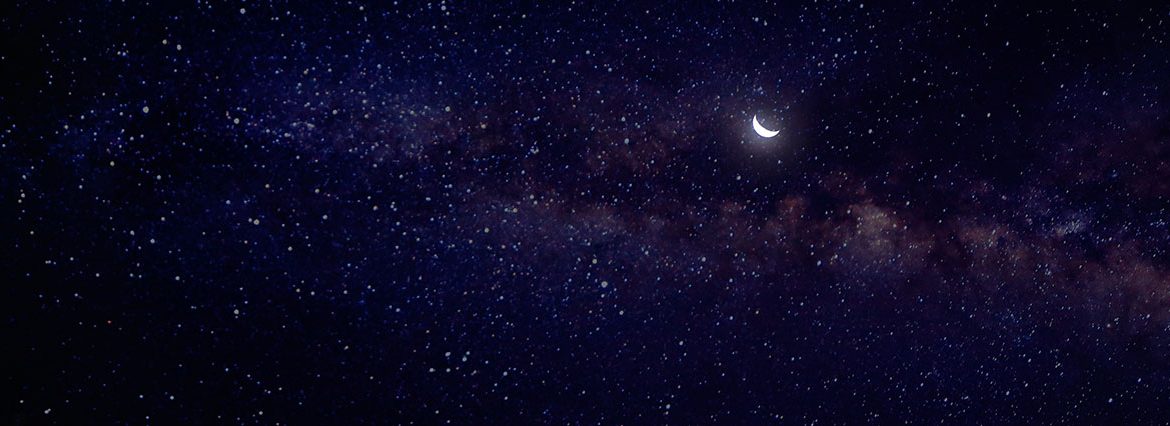I.10 abhava pratyaya alambana vrttih nidra
- November 10, 2017
- Posted by: admin
- Category: Yogic Wisdom,

By Jamie Spatafore
Sleep is the non-deliberate absence of thought-waves or knowledge
It is important to realise that the sleep being discussed here is dreamless sleep. We wake up in the morning and think we have slept, but for most of the night we have been in a light sleep phase where dreams and other thoughts had occurred.
Sri Patanjali is not referring to that state here. He is referring to the deep sleep that leaves you feeling refreshed when you wake up. To me this is an interesting sutra, for there are different philosophies on dreamless sleep. Patanjali says that sleep is itself a vritti. That means that it is a modification or movement of consciousness. If sleep is a vritti then, according to Patanjali, it needs to be overcome to achieve samadhi.
Then you have another sage, Sri Ramana, who always used dreamless sleep as an example of the pure state of being. When followers come to him with complaints or problems he would ask them if these so-called problems existed in the deep sleep state. In fact, he would take it a step further. He would ask them if they even existed in deep sleep.
We do not have the time, nor is there any need to go into all of the various arguments on whether one does or does not exist in the deep sleep state. We will take the sage at his word when he says we do. Since we do exist in both states (deep sleep and wakefulness) then what is the difference between the two, Ramana would ask. The difference is the mind is not active in the former and fully active in the latter. Then let’s go a step deeper. Where do we obtain more happiness? Do we obtain it in the deep sleep state or in the wakeful state?
For no one has ever felt sad that they slept well. In fact, we enjoy sleep so much we actually desire it. Could it be because that is the only place we achieve real peace?
So, how do we reconcile the two well-known sages who seem to be at odds? Ramana says sleep is the pure state of being and Patanjali says that sleep is a vritti that needs to be overcome. As usual with these things there is no real difference at all. It is only the point of view. Patanjali, at least in the Yoga Sutras, does not deny that the dreamless sleep state is the state of pure being. Nor does Ramana say that dreamless sleep is not a vritti. Since Ramana lived relatively in recent times, we have access to more of his advice. The sheer movement of time has not been able to erase most of what he has said, unlike Patanjali.
Many practitioners of meditation would come to Ramana in an excited state exclaiming their progress for they have experienced a void-like sensation in which they themselves did not seem to exist. It should be noted that when they say they didn’t exist it was the personality, name, body identification and cultural association that did not exist. That falling away of mind movement provided them with a sensation of bliss. Anyway, Ramana would say that is all very good, but you must go beyond that state.
You must reach the state of unconscious consciousness. What he was saying is that mental play of the mind must cease, just like in deep sleep, but we must be conscious to view it.
If not, then all of us have achieved enlightenment with general anaesthesia. And that is very similar to Patanjali’s point of view. Because there is no consciousness in deep sleep, it is a modification, it is not the absolute. Peace.
